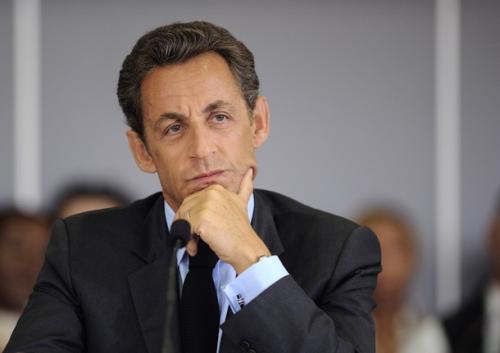
From the Economist: Nicolas Sarkozy wanted to make 2011 the year he turned success abroad into renewed popularity at home. He had in mind the platform of France’s presidency of the G8, which has its summit in Deauville later this month, and the G20, which meets in Cannes in early November. Instead, the foreign adventures he has embarked on have been wars, in the name of liberty (Libya) and democracy (Côte d’Ivoire and Afghanistan). Will his new image as war leader win round the voters?
The wars are widely supported. Fully 63% of French voters approve of air strikes on Libya, next to 55% of Americans and just 50% of the British, says an Ipsos poll. . . .
The wars also mark a turnaround in French diplomacy. After his election in 2007, Mr Sarkozy promised “all those who are persecuted by tyrannies and dictatorships” that “they could count on” France. Yet in a candid interview in L’Express magazine, he acknowledged that he just carried on with his predecessors’ approach, valuing stability above democracy. Mr Sarkozy let Muammar Qaddafi pitch his tent in a garden next to the Elysée and tried to sell him (and other dodgy leaders) the same Rafale fighters that the French are now using in Libya. Stung by the discrediting of France’s diplomacy in Tunisia and Egypt, Mr Sarkozy wanted to make amends. “We are now at a turning-point in French foreign policy,” he told L’Express. “When people call for their liberty, France will be at their side. . . .”
Yet none of this has improved Mr Sarkozy’s poll numbers.
Instead, his popularity has sunk to a new low of 20%, according to TNS-Sofres, worse than any predecessor a year ahead of a re-election bid. French voters may approve of Mr Sarkozy’s wars, but they still disapprove of his policies at home—and they also doubt his motives. (photo: Getty)
Image: getty%205%2012%2011%20Nicolas%20Sarkozy.jpg
